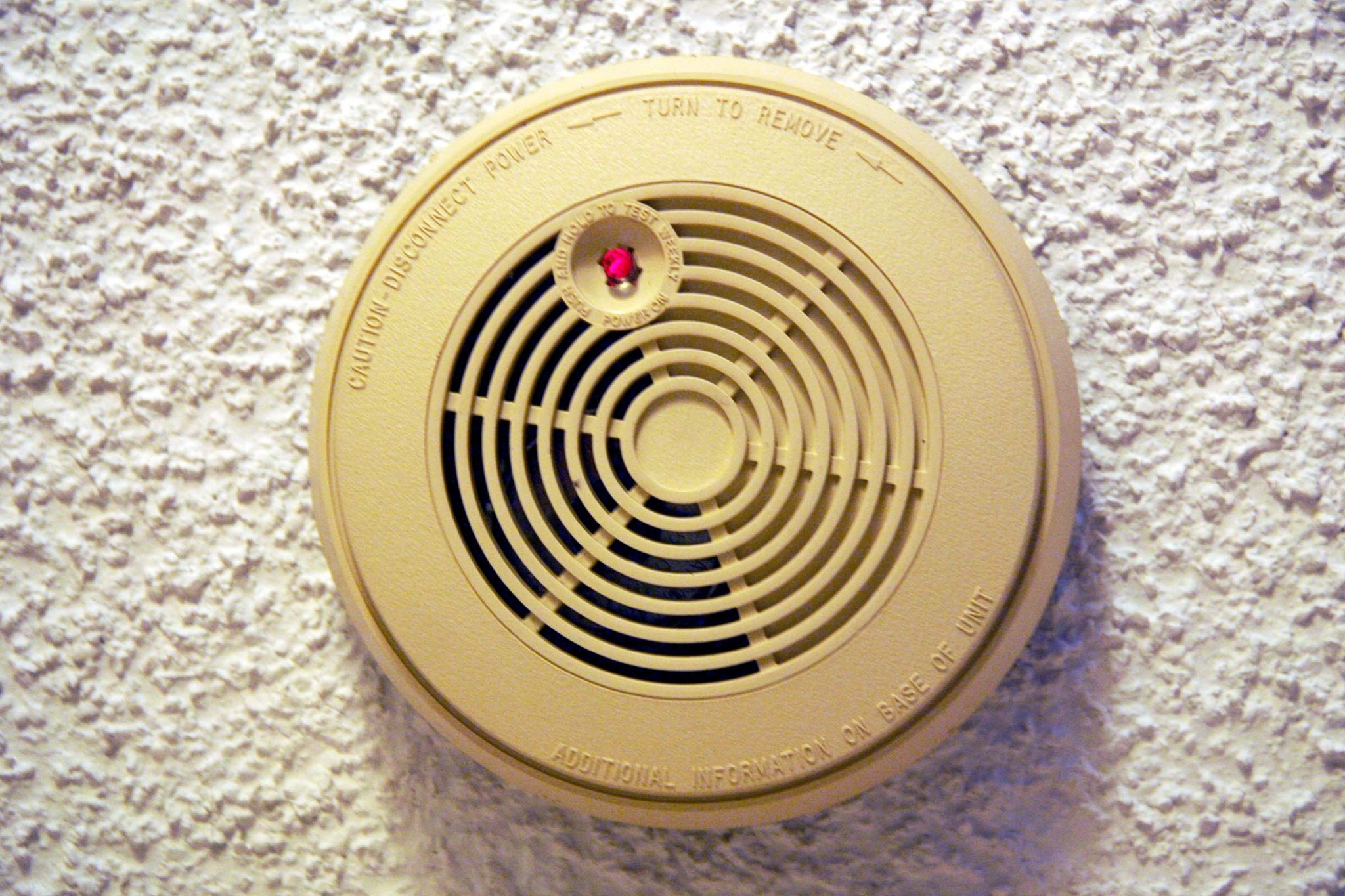We have all been in a situation where we are relaxing at home, and all of a sudden our smoke alarm starts incessantly beeping, when there is no fire or smoke. Here are some tips to help minimise your alarms from giving false alarms.
Over time dust and other foreign particles can accumulate in your smoke detectors which obscure their sensors, making them overly sensitive and cause false alarms. Cleaning them regularly will prevent this from happening.
Correct initial set up and good continued annual maintenance will help prevent unknown activations. But in the event it happens at your building, get with your alarm company to correct the programming to ensure the alarms go to the right place. Also be sure your alarm monitoring company has at least two up-to-date after-hours emergency contacts for your facility.
Keep detectors away from an air conditioning vent. Too close can create excessive moisture on the smoke detector. Air vents can trigger false alarms in the most common types of smoke detectors. For that reason, the sensors are always positioned at least 3 feet away from any vents or fans. Your fire alarm installation company will have the best placement suggestions.
Burnt food such as toast and popcorn produce smoke, just what a smoke alarm and detector are programmed to detect. Many times, the cooking appliance is just too close to the smoke detector. Moving the appliance further away can help. In break rooms and food bar areas, replacing the detector with a heat detector can reduce the false alarm chances and still provide the needed protection.
With advancing technology, fire alarms are becoming more versatile. Use of quality fire detection device will have the benefits of having a more advanced detection and less false alarms.
One of the most common causes of false smoke alarms is a weak battery. A chirping noise means that the battery is weak and needs to be replaced. Replace batteries regularly, such as twice a year, to help prevent false alarms and the annoyance of consistent chirping.
Certain places on certain seasons will have higher water vapor content in the air. Detectors sometimes have a difficult job telling if the dense air particles are simply moist air or smoke, hence causing false alarms. Using a dehumidifier can help reduce water vapor and prevent detectors from malfunctioning.
Moist and damp areas are also breeding grounds for bugs which can set off false alarms. Needless to say, it pays to have an insect control service to ensure that your smoke detectors are not getting clogged with insects.
Please feel free to contact us if you would like further information.
 Back
Back